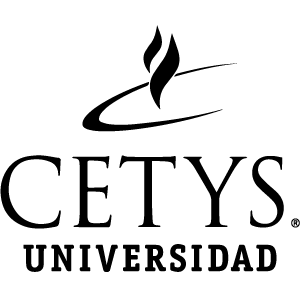https://repositorio.cetys.mx/handle/60000/1312| Campo DC | Valor | Lengua/Idioma |
|---|---|---|
| dc.contributor.author | Galván Vela, Esthela | - |
| dc.contributor.author | Mercader Pomarón, Victor Manuel | - |
| dc.contributor.author | Arango Herrera, Eduardo | - |
| dc.contributor.author | Ruiz Corrales, Missael | - |
| dc.date.accessioned | 2021-10-15T17:36:30Z | - |
| dc.date.available | 2021-10-15T17:36:30Z | - |
| dc.date.issued | 2022-10 | - |
| dc.identifier.issn | 1472-0701 | - |
| dc.identifier.uri | https://repositorio.cetys.mx/handle/60000/1312 | - |
| dc.description.abstract | Purpose Happiness at work is a critical element of workers' performance; in this sense, it is necessary to analyse the conditions that increase employees' subjective well-being. Therefore, the purpose of this paper was to determine the relationship between the autonomy provided to employees and the support of top management on happiness at work. Design/methodology/approach This research was quantitative, non-experimental and cross-sectional in design. The data collection instrument was a questionnaire based on validated instruments in their respective fields. This instrument was applied to a sample of 603 workers from companies in different sectors of the north-western border of Mexico. For the validity of the measurement construct, exploratory factor analysis was carried out using the principal components method; Cronbach’s alpha tests were applied to assess the reliability of the instrument and to determine the relationship of the variables in this study, the multiple linear regression techniques were used using the least-squares method. Findings The results suggest that autonomy and support positively and statistically significantly influence the levels of happiness manifested in the workforce. It concludes with the importance of valuing practical organisational governance actions to increase happiness in the workforce. RESUMEN Objetivo La felicidad en el trabajo es un elemento crítico del desempeño de los trabajadores; en este sentido, es necesario analizar las condiciones que aumentan el bienestar subjetivo de los empleados. Por lo tanto, el propósito de este trabajo fue determinar la relación entre la autonomía otorgada a los empleados y el apoyo de la alta dirección sobre la felicidad en el trabajo. Diseño/metodología/enfoque Esta investigación fue de diseño cuantitativo, no experimental y de corte transversal. El instrumento de recolección de datos fue un cuestionario basado en instrumentos validados en sus respectivos campos. Este instrumento se aplicó a una muestra de 603 trabajadores de empresas de diferentes sectores de la frontera noroeste de México. Para la validez de constructo de la medida se realizó análisis factorial exploratorio mediante el método de componentes principales; Se aplicaron las pruebas alfa de Cronbach para evaluar la confiabilidad del instrumento y para determinar la relación de las variables en este estudio se utilizaron las técnicas de regresión lineal múltiple utilizando el método de mínimos cuadrados. Recomendaciones Los resultados sugieren que la autonomía y el apoyo influyen de manera positiva y estadísticamente significativa en los niveles de felicidad manifestados en la fuerza laboral. Concluye con la importancia de valorar las acciones prácticas de gobierno organizacional para aumentar la felicidad en la fuerza laboral. | es_ES |
| dc.language.iso | en_US | es_ES |
| dc.rights | Atribución-NoComercial-CompartirIgual 2.5 México | * |
| dc.rights.uri | http://creativecommons.org/licenses/by-nc-sa/2.5/mx/ | * |
| dc.subject | Support | es_ES |
| dc.subject | Happines at work | es_ES |
| dc.subject | Autonomy | es_ES |
| dc.subject | Happiness bussines | es_ES |
| dc.title | Empowerment and support of senior management in promoting happiness at work | es_ES |
| dc.title.alternative | Corporate Governance: An International review. | es_ES |
| dc.type | Article | es_ES |
| dc.description.url | https://www.emerald.com/insight/content/doi/10.1108/CG-05-2021-0200/full/html?skipTracking=true | es_ES |
| dc.identifier.indexacion | SCOPUS | es_ES |
| dc.subject.sede | Campus Tijuana | es_ES |
| Aparece en las colecciones: | Artículos de Revistas | |
Este ítem está protegido por copyright original |
Este ítem está sujeto a una licencia Creative Commons Licencia Creative Commons


